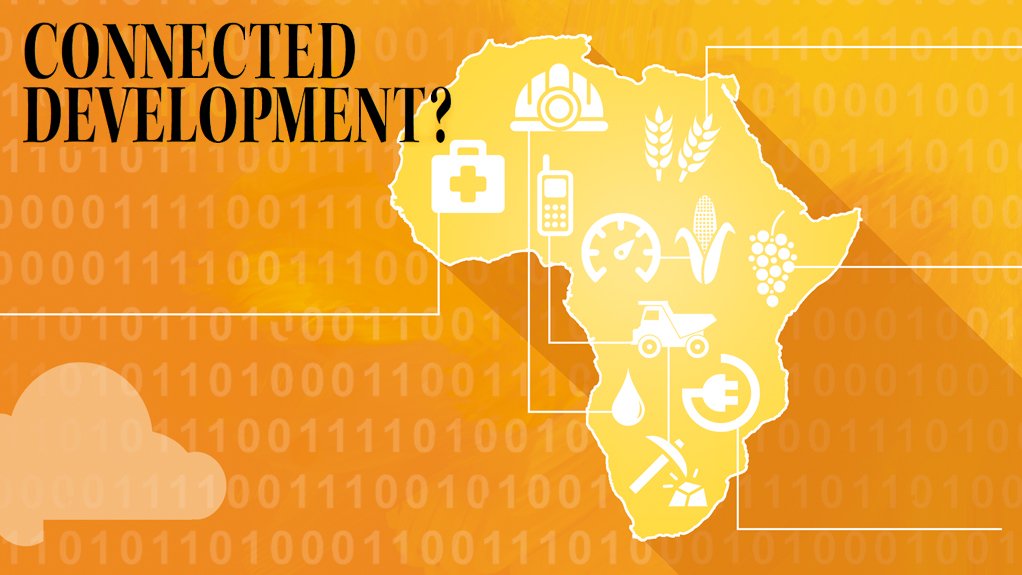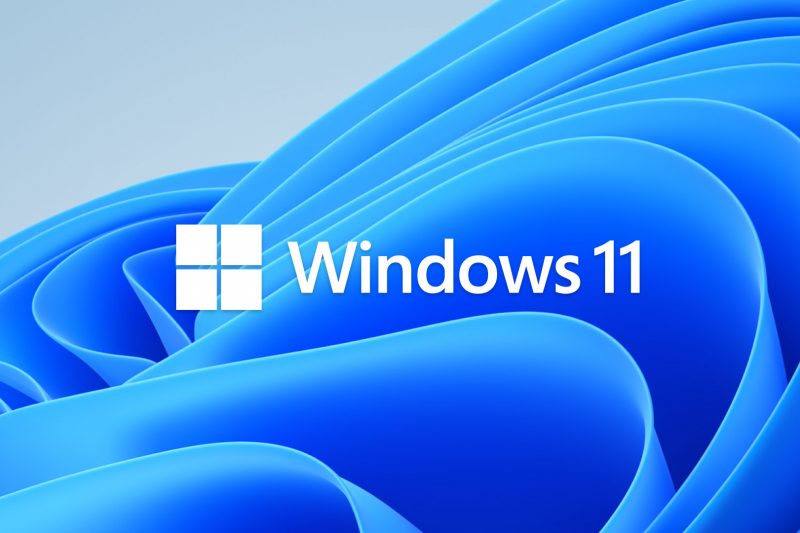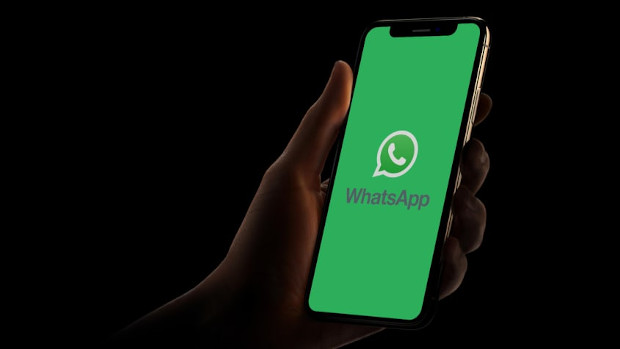by Taedzwa Chikono
The Internet of Things (IoT) refers to the interconnected network of physical objects, devices, and sensors that are equipped with internet connectivity and the ability to collect, transmit, and act on data. This technology has the potential to revolutionize various industries and sectors, including agriculture, healthcare, transportation, and energy. In Africa, the IoT has the potential to bring about significant benefits and opportunities for both individuals and businesses.
One of the main ways in which the IoT can benefit Africa is by improving agriculture and food security. For example, IoT-enabled sensors and devices can be used to monitor soil conditions, weather patterns, and crop health, which can help farmers optimize their irrigation and fertilization practices and increase crop yields. The IoT can also be used to track the movement and quality of food products from farm to market, ensuring that they are fresh and safe for consumption.
In the healthcare sector, the IoT can be used to improve access to medical services and information, particularly in remote and underserved areas. For instance, IoT-enabled devices such as wearable sensors and telemedicine platforms can be used to remotely monitor patients, diagnose illnesses, and provide treatment recommendations. This can help reduce the burden on already stretched healthcare systems and improve patient outcomes.
The IoT can also have a significant impact on transportation and logistics in Africa. For example, IoT-enabled sensors and tracking devices can be used to optimize routes, reduce fuel consumption, and improve the efficiency of delivery networks. This can help reduce costs and improve the reliability of transportation services, making it easier for people and businesses to access goods and services.
In addition to the benefits outlined above, the IoT can also bring about significant improvements in other areas of African society. For example, the IoT can be used to enhance public safety and security by enabling the deployment of sensors and cameras that can detect and prevent crime and other threats. It can also be used to improve the delivery of public services, such as water and waste management, by enabling real-time monitoring and control of infrastructure.
The IoT can also play a role in driving innovation and entrepreneurship in Africa by enabling the development of new products and services that leverage IoT technology. For example, entrepreneurs could develop IoT-enabled solutions for improving the efficiency of supply chains, optimizing the use of natural resources, or enhancing the security and reliability of critical infrastructure.
Finally, the IoT can also help to bridge the digital divide in Africa by providing people with greater access to information and communication technologies. For example, IoT-enabled devices such as smartphones and tablets can be used to connect people to the internet and to each other, enabling them to access educational and other resources and participate in the global economy.
In conclusion, the IoT has the potential to bring about significant benefits and opportunities for Africa, helping to drive economic development, improve living standards, and enhance the quality of life for people across the continent. By investing in the necessary infrastructure and policies, Africa can leverage the power of the IoT to build a more sustainable and prosperous future.



